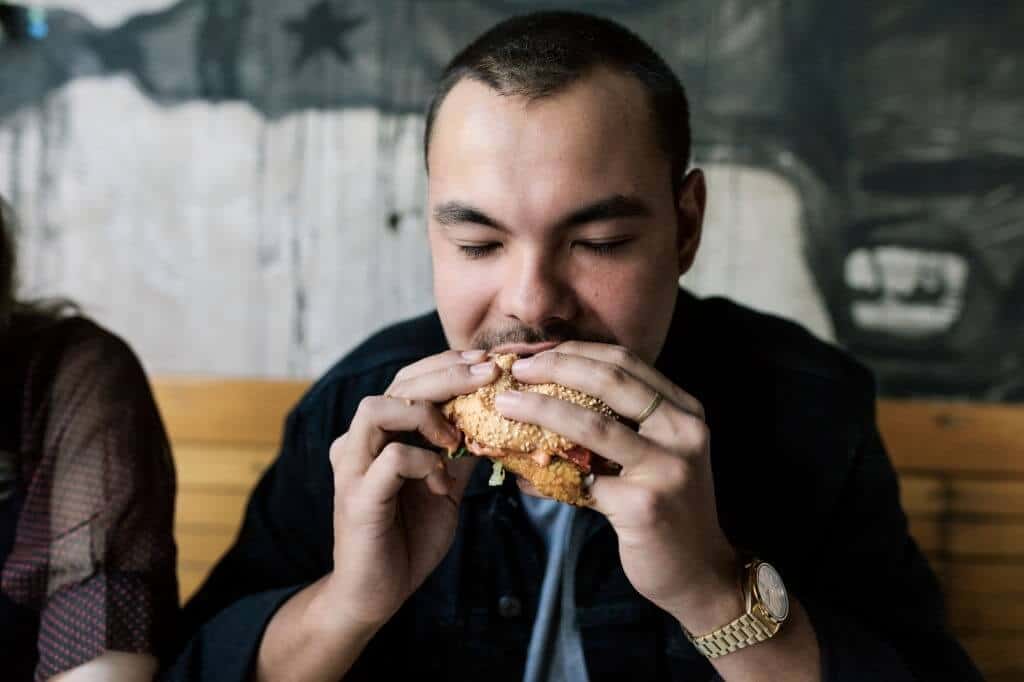People Can Be Put At Risk For Second Heart Attack By Processed Foods
Nikki Attkisson | Last Updated : December 2, 2021New research suggests that you might want to avoid ultra-processed food if you have previously had a stroke or heart attack. The study has found that the risk of another heart attack or stroke is increased significantly by a high intake of such food. They also found that it is more likely to be fatal this time.
People Can Be Put At Risk For A Second Heart Attack By Processed Foods
Even in people who seemed to be following a diet that was healthy for the heart, this held true.
Substances such as hydrolyzed proteins, hydrogenated fats, and maltodextrins are not routinely used in cooking and ultra-processed foods are either entirely or in part, made from these substances.

The authors of the study added that these substances contained antioxidants, preservatives, dyes, flavor enhancers, sweeteners and anticaking agents.
Sharon Zarabi, who is a registered dietician, said that ultra-processed foods are those that have been stripped of all nutrients that benefit your body.
She said that almost everything that we consume from a packet is processed.
Sugary and carbonated drinks, spreads, dry biscuits, crackers, breakfast cereals, and fruit yogurt are some examples, according to the study authors who are Italian.
Zarabi said that a myriad of diseases are caused by these foods. This includes heart disease, hypertension, renal disease and diabetes.
Marialaura Bonaccio led the new study. She, along with her team, tracked the health of over 1,000 Italians. These people already had heart disease and they were followed for over 10 years.
She said that when compared to participants who ate these foods less frequently, there was a 2/3rd increase in risk of a second heart attack or stroke for people who consumed more ultra-processed food. She added that this time, the heart issue would be fatal.
She also said that there is also a 40% higher probability of dying from any cause.
She added that the definition of ultra-processed is with regards to the way it has been prepared and stored and not the amount of nutrition it provides. She said that even if a food is nutritionally balanced, it may be ultra-processed.
She said that it is usually too many products that come from supermarket shelves that contribute to this risk and not a single food alone that is consumed once in a while.
She added that as the Mediterranean tradition has been teaching us since centuries, a diet that is based on the consumption of fresh and minimally processed products must always be preferred.
Zarabi agreed by saying that the fuel that comes from nature, whole and intact is supposed to help our body to function. She gave the example of a potato chip which is a salt, fried potato. When it is put on your tongue, it just melts and this makes it highly processed.
That same potato will need to be chewed in order for it to be digested if it is a natural potato.
Dr. Michael Goyfman said that whether people who tend to eat these foods also indulge in other risky behavior or whether ultra-processed food by itself actually contributes to a higher death rate is not conclusively shown by the study.
He said that prior to making strict recommendations about the restriction of processed food, more rigorous trials are required.
It is believed by the Italian team that the process of making food is just as important as what the food actually is.
Licia Lacoviello said that the study shows that the distinction of healthy and unhealthy food solely on the basis of nutritional value must be overcome as we need to find out how it was prepared.
With over 15 years as a practicing journalist, Nikki Attkisson found herself at Powdersville Post now after working at several other publications. She is an award-winning journalist with an entrepreneurial spirit and worked as a journalist covering technology, innovation, environmental issues, politics, health etc. Nikki Attkisson has also worked on product development, content strategy, and editorial management for numerous media companies. She began her career at local news stations and worked as a reporter in national newspapers.